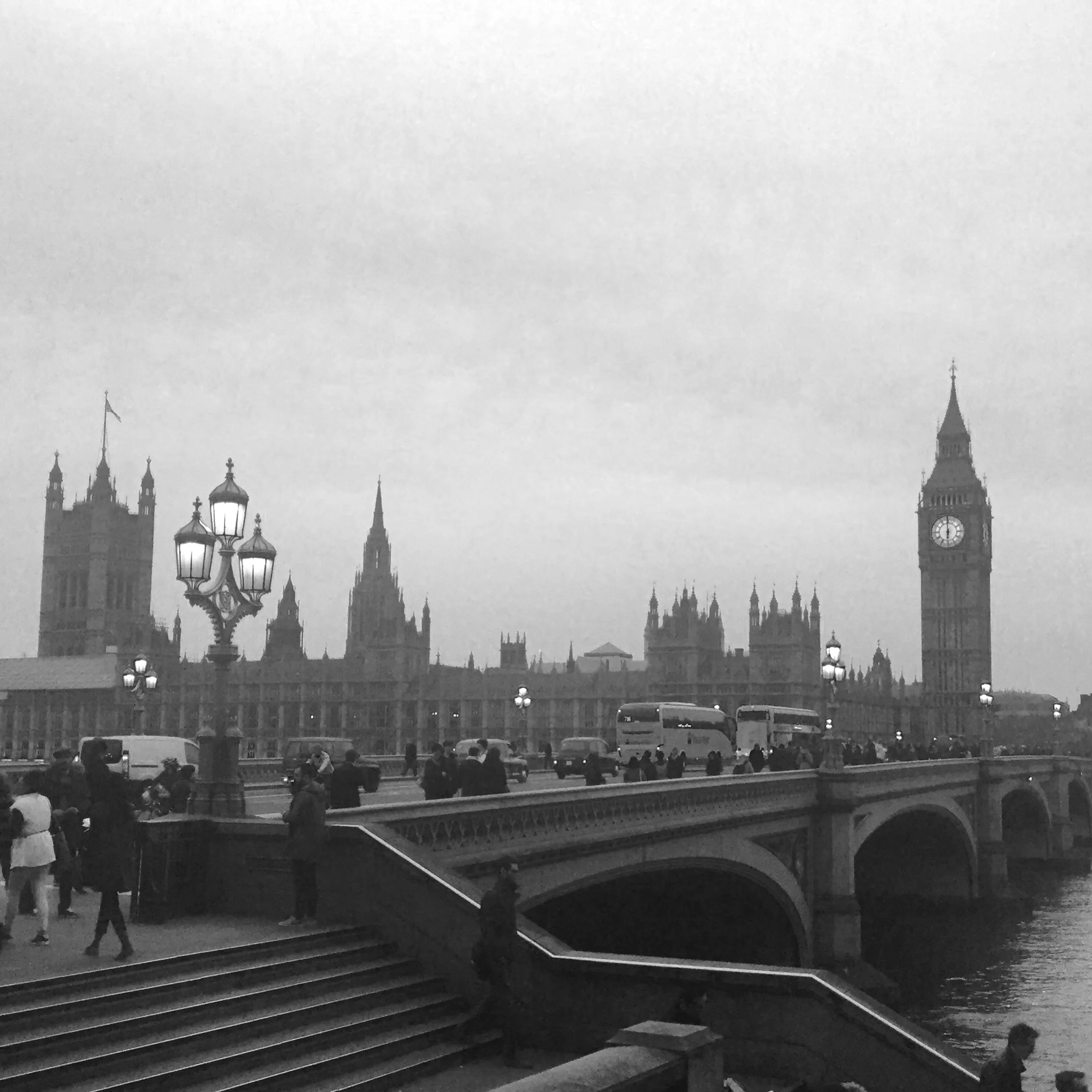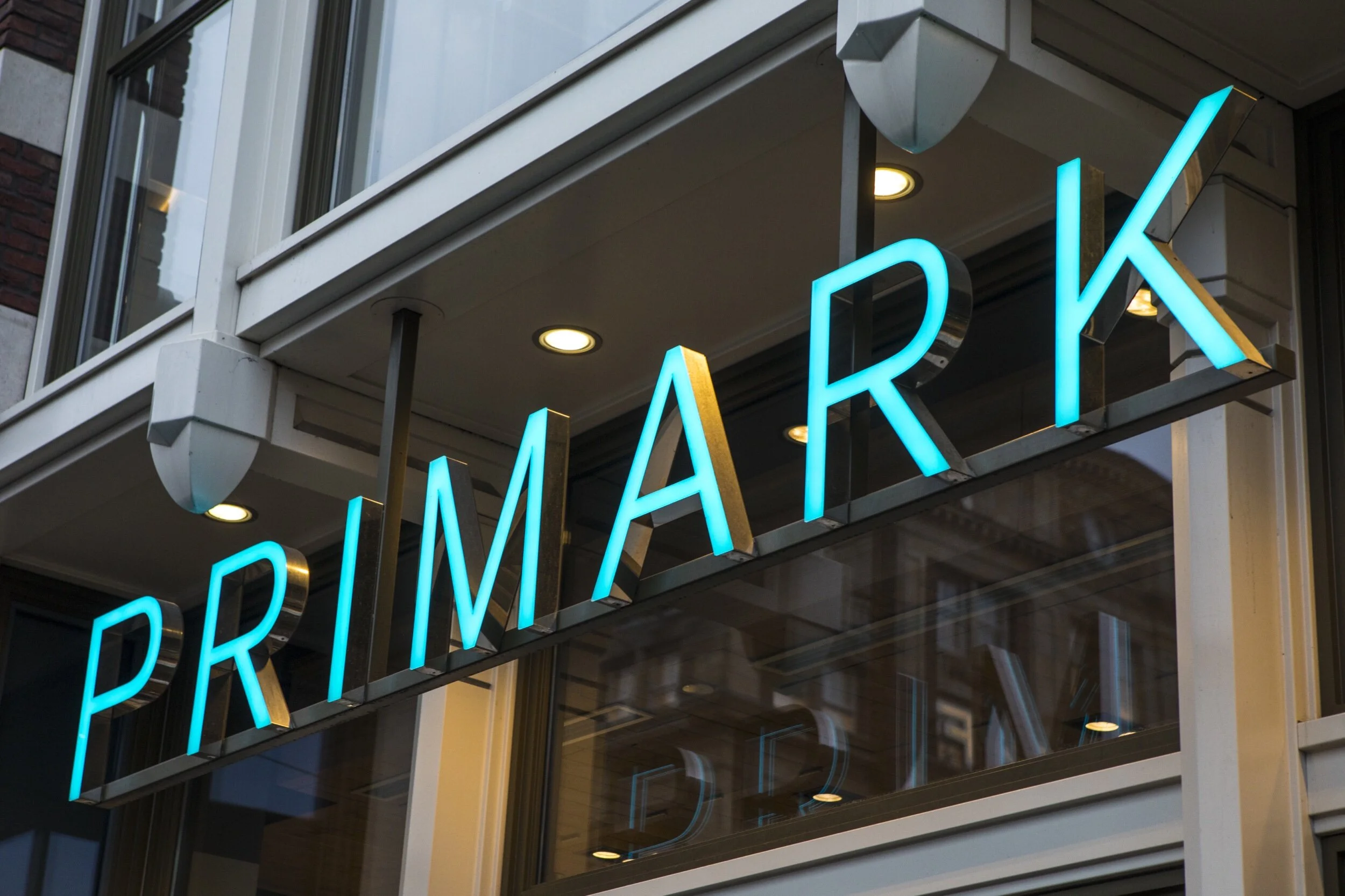Ten “Post covid”* trends
Every crisis always has a silver lining. Without diminishing the awfulness of illness and death COVID-19 represents a global ‘pause’ like no other.
With the majority of the world faced with the same trauma and largely doing the same thing in response, it seems highly likely that behavioural changes will emerge. As a curious marketer here are my ‘hot takes’.
NB * ‘Post-COVID’ is more accurately a period when we are still living with the virus but have normalised many of our activities.
(1) Science is sexy again !
For some of us science has always been sexy but, for many others our charmed existence had very little to do with those that wrestle at laboratories, research stations and engineering test beds. Pharmaceutical giants were there to be pilloried not lauded. Like world wars, pandemics speed up innovation and progress. A bounce in STEM education is likely and welcome.
We need more scientists not ‘influencers’.
(2) Intergenerational engagement increases
Social-distancing has resulted in children spending more quality time with parents. In many households, with the exception of vacation time, they have probably never experienced such interaction with both parents.
Bizarrely, at the other end of the age spectrum, shielding the elderly has triggered more contact, albeit it virtual, with children and grand-children.
Enforced ‘lockdown’ has made the family unit tighter and broken down the age barriers which would see young, middle aged and elderly move in separate orbits.
People have got a taste of the upside of family it will be harder to return to paying lip service to intergenerational contact after this.
(3) Value trumps cost
Being denied from doing our usual activities for, what is proving to be, a significant amount of time starts to set in motion a far-reaching assessment of what we value and what we don’t. In many cases it will be the simplest and least expensive activities and products which we are being missed most of all but, at the other end of the spectrum, will we start to appreciate the greater value of more expensive things.
Freed from the pervasive quick rush of retail do we begin to see the attraction of say a long-lasting sweater that costs £120 made locally and in a sustainable way over having 6 costing £20 which last a few wears ?
We’ve also become very efficient buyers through need.
Are we going to end up having less, more expensive things that make a lasting contribution to our life ?
(4) We make better, healthier choices
A 6 - 8 week restriction on what we spend our money on could be very revealing. Combine our isolation with having a challenger bank account and all the ‘slicing and dicing’ expenditure metrics and we will finally appreciate that our Pret / Starbucks / Nero / Leon habit came with a price. Probably around £240 worth of savings and that’s just based on a lunch visit every week day.
We have become food obsessed in our homes and also more devoted to exercise - does that translate into making the working lunch less of a cash-based event and more brought from home ? And do we start to walk, run and cycle more shunning the usual commuting methods ?
Eat better, spend less, be fitter. And if you are running a coffee chain empire you better be ready to fight for relevancy all over again.
(5) Travelling closer to home with purpose
Last week I wrote about how our aviation based travel might look moving forward but the points I raised apply to more local travel too. Staying close to home has resulted in us understanding our local environment and what it has to offer.
We’ve seen places round the corner temporary close and realised we’ve never visited. Historically we’ve jumped on a plane to Madrid to amble around the Prado but we’ve not been over the threshold of Tate Britain (not Tate Modern which is all about your selfie in the turbine hall - see no 10).
There is a huge opportunity for local tourism if the attractions gear up quickly. And they will have to because their overseas visitors will not be returning for months if not years.
Less travel, better travel with a point.
(6) We will remain kinder and this new sense of community will prevail
It’s going to be difficult to return to ignoring the neighbour, not thanking the cashier, failing to appreciate the people that make things happen all around you. We have started a journey where we are learning the implications of our actions. And will society continue to indulge behaviour which results in a drain on public services - Accident & Emergency attendance is significantly down - perhaps less road traffic accidents and less alcohol induced weekend casualties ?
We’ve seen the efforts of a 99 year old war veteran raising over £20 million for the NHS Charity - joining in his cause and he’s only one example.
This pandemic has brought home that no man is an island and our actions have consequences.
(7) We will be more sceptical and discriminating
Many of our habits have been broken. Some will be reestablished but others won’t. As consumers we had become suckered into spending behaviours which now seem quite illogical. True many of those hair clippers hastily bought on Amazon will be discarded never to be used again but just as many will be used - all of a sudden £20 monthly visits to the barber vanish because your mother / father / partner / brother / sister can do the same job and don’t expect to be tipped !
Equally, how does a traditional cinema or theatre experience stack up when rather than spend almost £80 for cinema for 2 you can be doing the same at a friend’s home for half the money and infinitely better snacks.
And speaking of snacks the days of the £15 semi-fast food burger have to be over (bye bye Byron and Five Guys) - go low or go high, the middle ground is no longer an attractive option.
Brands need to face up to the fact that a lot of business is not going to come back unless they offer more, link price to value and truly deliver something compelling.
(8) Home is where the heart is
We’ve rediscovered that our homes are more than a place to sleep, shower and snack. We’ve invited the world into our homes though Zoom, House Party, Teams and it does not seem too much of a stretch to think that virtual entertainment will morph into physical hosting.
Jigsaws, board games, digital gaming, exercising, cooking, gardening - an endless list.
This trend will be quickly realised with an explosion in home improvements, extensions and furniture buying.
(9) We become more productive
Those of us who are primarily office based have easily gained 2 hours a day. 9/11 and Volcanic Ash both suggested that we would change our ways of working but they didn’t. This time around the technology and motivation has been at a level that many companies have not skipped a beat. Splitting workforces into autonomous teams, using digital tools to inspire creativity and deliver productivity has finally shown that people can be remote and still be part of an effective team.
Why come to a central location 5 days a week ? Smaller offices, longer working days, core attendance all delivering better productivity and a smarter approach to work / life balance.
(10) A lot less FOMO
Being forced to make the most of our homes we’ve seen creativity unleashed and, more importantly, we’ve fallen off the ‘fear of missing out’ train. The cycle of activities that we have always done has been broken. And, probably, some of those things we’ve always done because our peers do them will now fall.
In missing out on 8 weeks we may well have regained our individuality.
Who knows ?!
I’m no fortune teller but since many of the trends I’ve focused on were potentially already gaining traction COVID merely accelerates and solidifies them.
We will know soon enough.
Mark Izatt is a brand consultant living in London and founder of Mission Critical, a highly focused and curated weekly briefing for time poor and information hungry decision makers and THE FIRST, a monthly briefing containing 31 inspirational insights. Mission Critical is a digital product delivered via his Estonian Consultancy business.
You can email Mark here.



